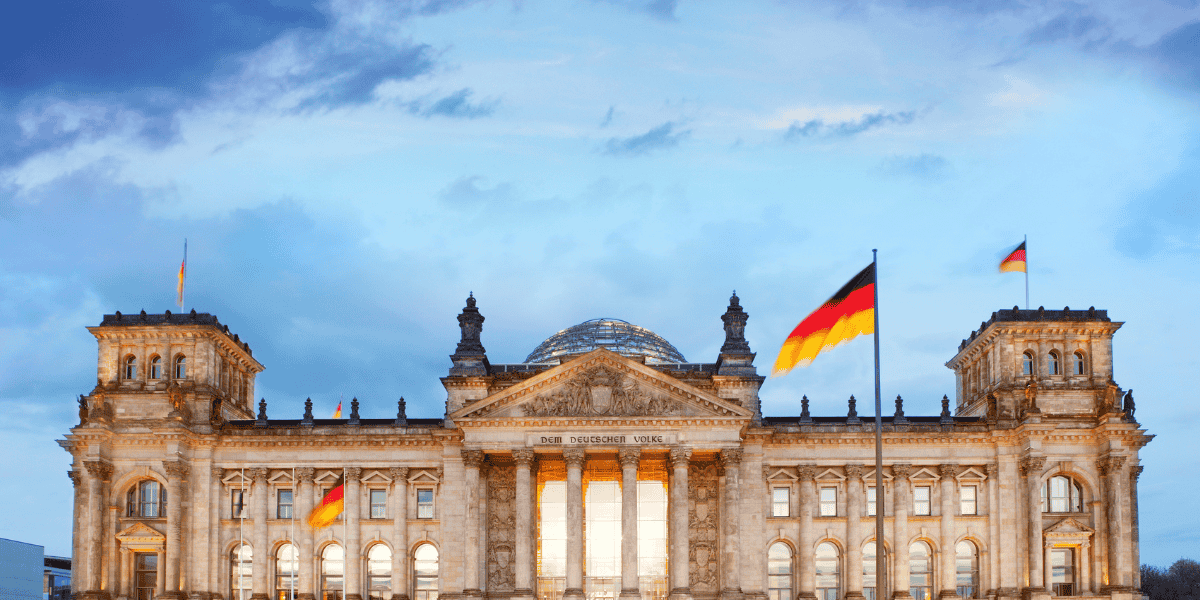On 23 May 2022 the IMF published a report following discussions with Germany under Article IV of the IMF’s articles of agreement.
Germany’s economic recovery was gathering strength before the Ukraine war began, but the war has impacted the economy through higher energy prices; scarcity of various products and commodities; reduced external demand; and weaker confidence. Growth was 2.9% in 2021 but is projected to fall to around 2% in 2022, before recovering to a little over 2% in 2023, provided that the energy prices and supply problems ease and the pandemic remains under control.
Output is expected to stay below the pre-pandemic trend in the medium term, owing to problems for private investment arising from high energy prices, weaker external demand, and geopolitical uncertainty caused by the war.
There is also a potential threat from a complete shut-off of Russia’s gas exports to Germany, as at least two years would be required to fully replace those supplies. There are also risks from tighter sanctions or disruptions from the war, or from developments in the pandemic. Delays in ensuring the renewable energy supply or in enhancing digitalization, or disruption to global supply chains, could dampen potential growth.
The government has announced a package of measures to support firms in dealing with high energy prices. This includes targeted support payments but also broader relief measures including temporary cuts to fuel taxes. These tax cuts are however costly and distort price signals. To help build up gas reserves, financial incentives could be considered to encourage voluntary gas-saving behaviour.
Additional green investment must be undertaken mostly by the private sector, and strong carbon pricing is important for this. Further public green investment such as upgrades to the electricity transmission system and expansion of electric vehicle charging stations is important to support the relevant private investment. The government should simplify administration and enhance capacity planning and financing across government, to boost public investment in energy security and decarbonization, digitalisation and transportation infrastructure.
An increase in labour force participation is important to counter population aging; and boosting skills would facilitate the required structural changes. Participation in the labour force can be encouraged by expanding childcare and strengthening incentives for secondary earners to enter the labour market. Reduction of the labour tax burden for lower-skilled workers could also help to increase the labour supply. More facilities for training and re-skilling workers are required to address skill mismatches, adapt to digitalisation and support a greener economy.
The IMF report welcomed Germany’s plan to increase spending to address priorities in relation to energy security and to support progress towards net zero emissions. The report recommends that the available fiscal space should be used in future to increase opportunities for life-long learning, promote digitalization, foster innovation, encourage an increase in the labour supply and strengthen social protection.













